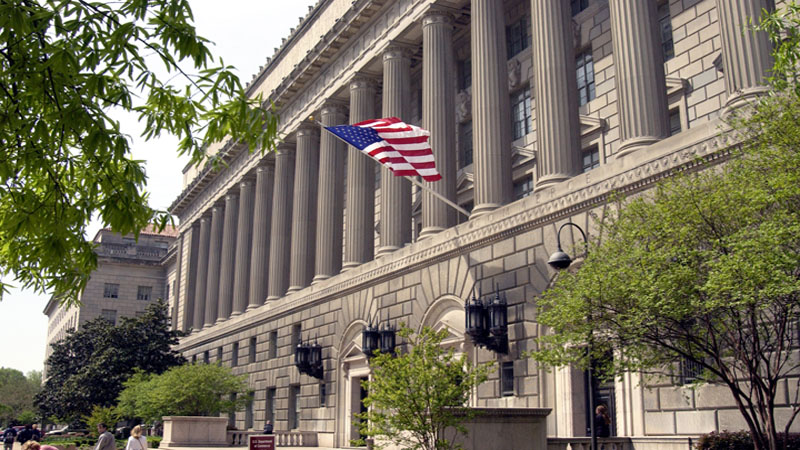Exclusive content

The United States Department of Commerce has set a crucial deadline for August 5, 2024, to finalize its decision regarding the imposition of a tariff on Ecuadorian shrimp imports. This ruling will have significant implications for Ecuadorian exporters.
Preliminary Findings and Proposed Tariff Rate
In a statement released on April 4, 2024, the Department of Commerce disclosed its preliminary findings, indicating that compensable subsidies are being granted to shrimp producers in Ecuador. As a result, the department suggests imposing a tariff on Ecuadorian shrimp entering the US market. The proposed tariff rate stands at 7.55%, which is based on the weighted average of subsidies received by exporters like Santa Priscila and Songa.
According to the preliminary investigation, Santa Priscila is reported to have received a subsidy of 13.4%, while Songa’s subsidy stands at 1.69%. These findings have raised concerns within the US Department of Commerce, leading to the initiation of further investigations and deliberations.
Antidumping Investigation and Market Dynamics
Ecuador, being the world’s leading producer and exporter of shrimp, holds a significant position in the global seafood market. The United States serves as its primary market for shrimp exports. However, recent developments have sparked an “antidumping” investigation by the United States, with Ecuador being one of the countries under scrutiny.
The investigation was prompted by allegations that the price of Ecuadorian shrimp in the US market is artificially low due to subsidies provided by the Ecuadorian government. The United States Shrimp Processors Association (ASPA) has expressed concerns regarding these practices, urging regulatory authorities to take appropriate action to ensure fair competition in the market.
Implications and Future Outlook
The preliminary findings of the Department of Commerce indicate that measures will be taken to suspend the liquidation of shrimp imports from Ecuador. Additionally, the department intends to mandate the United States Customs and Border Protection (CBP) to require a cash deposit equivalent to the proposed tariff rates.